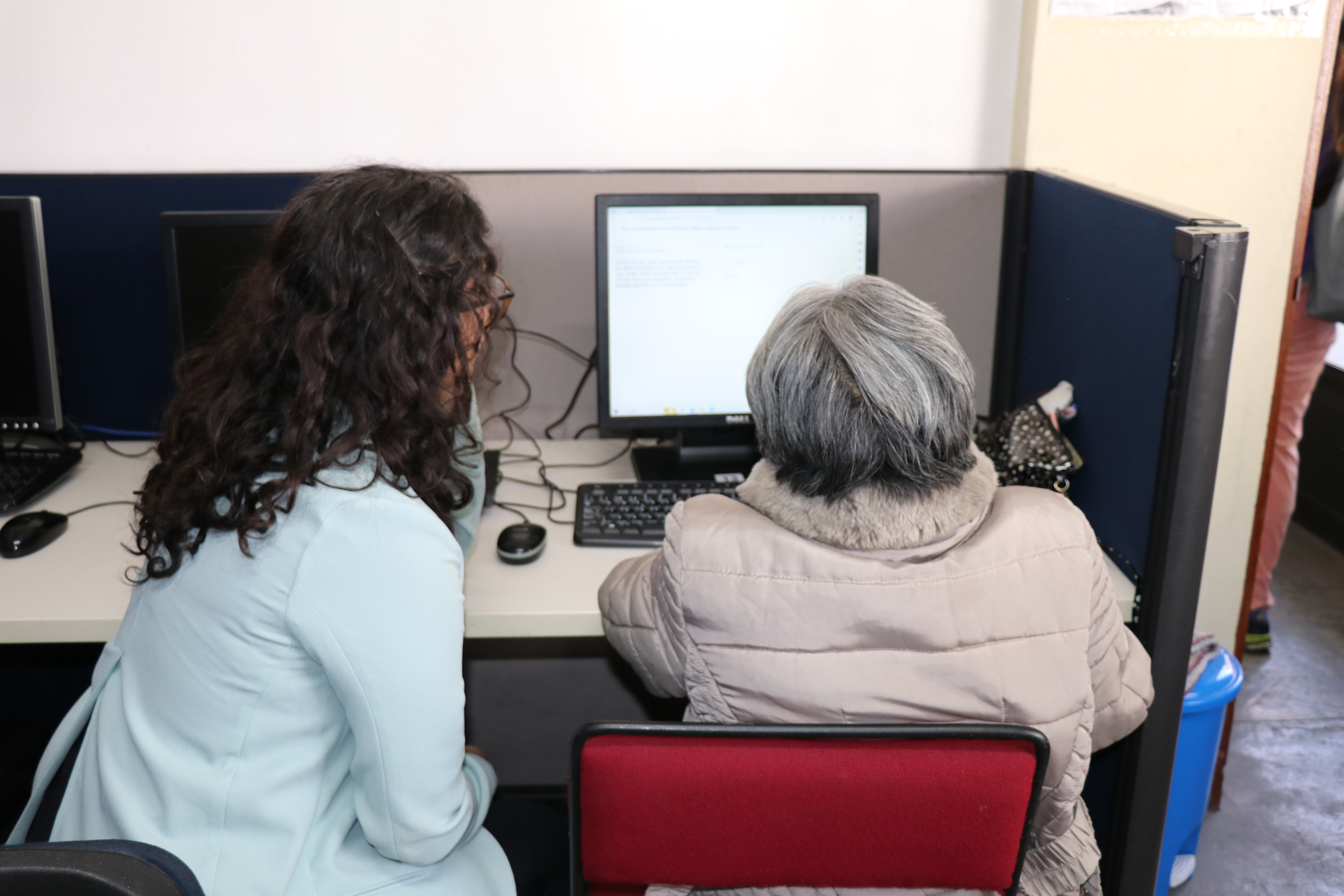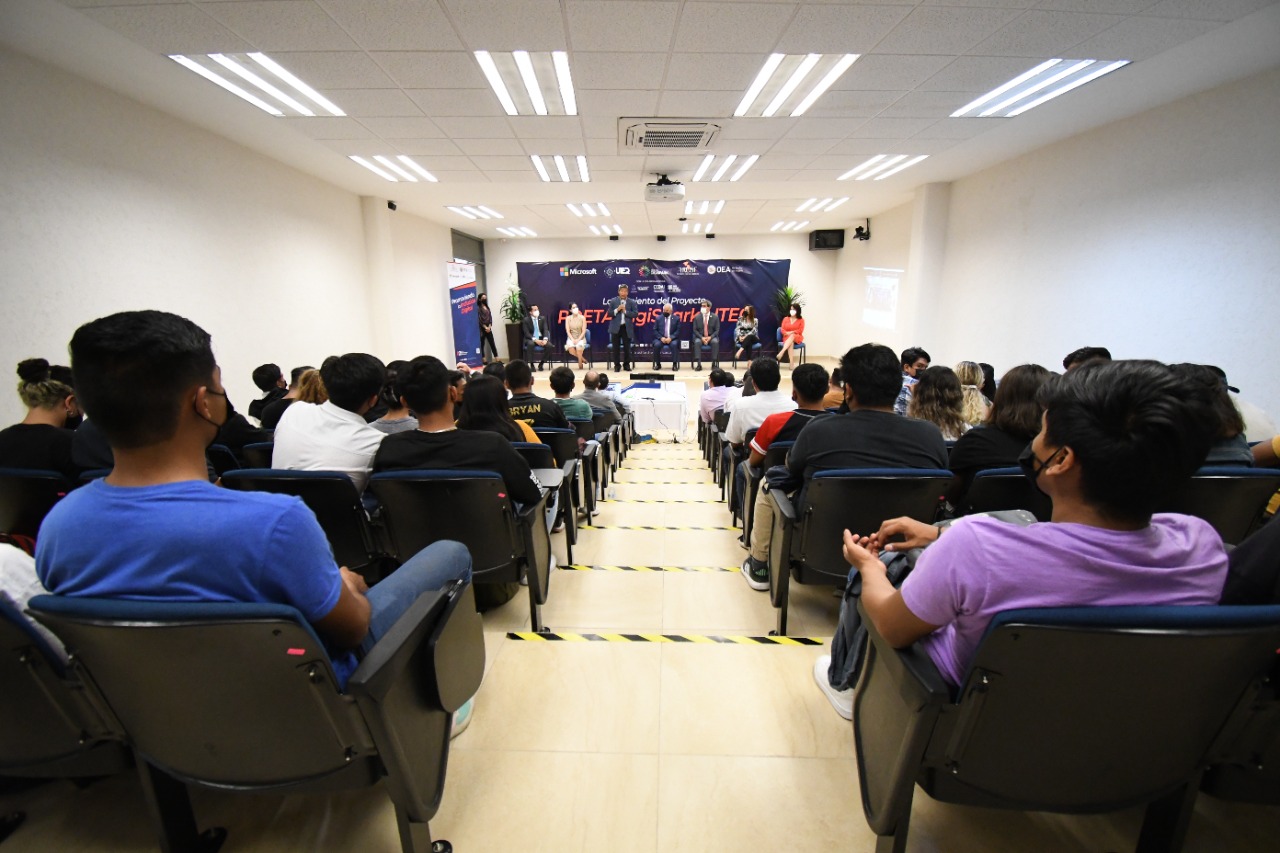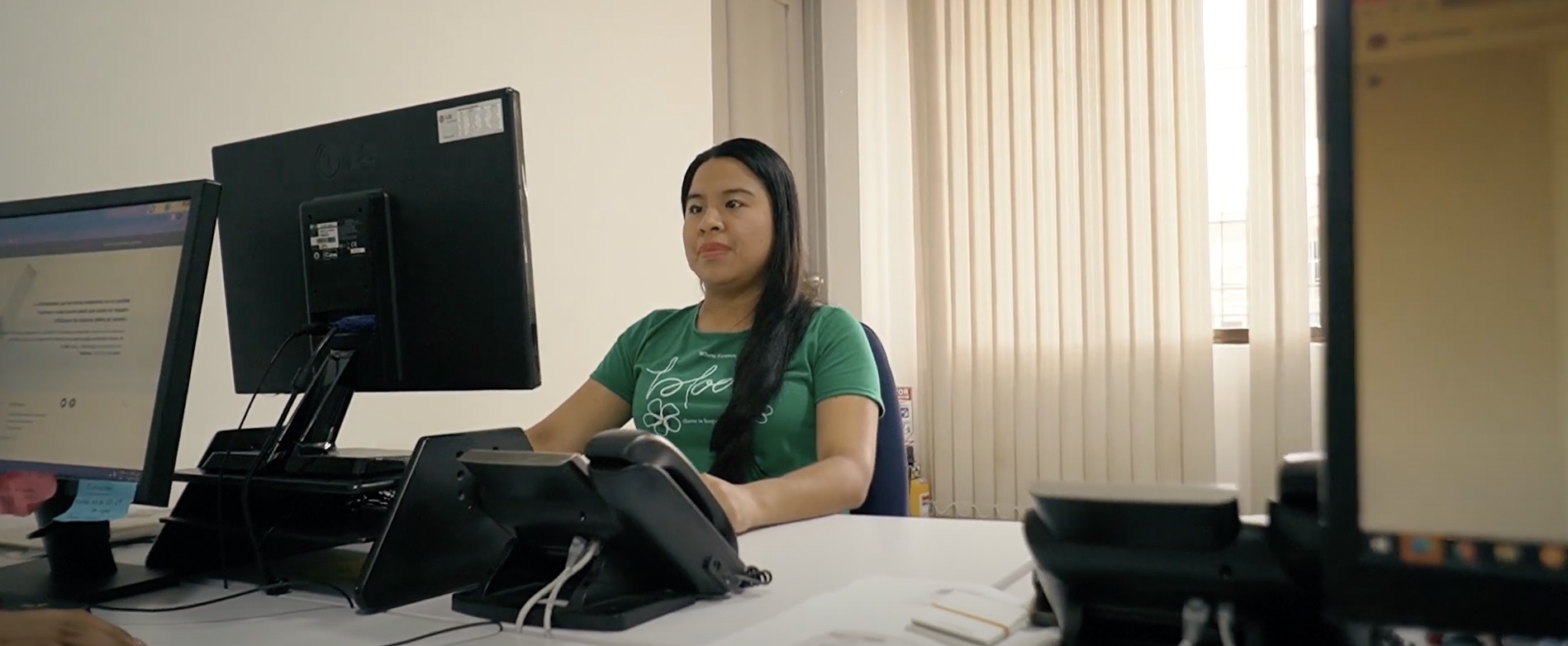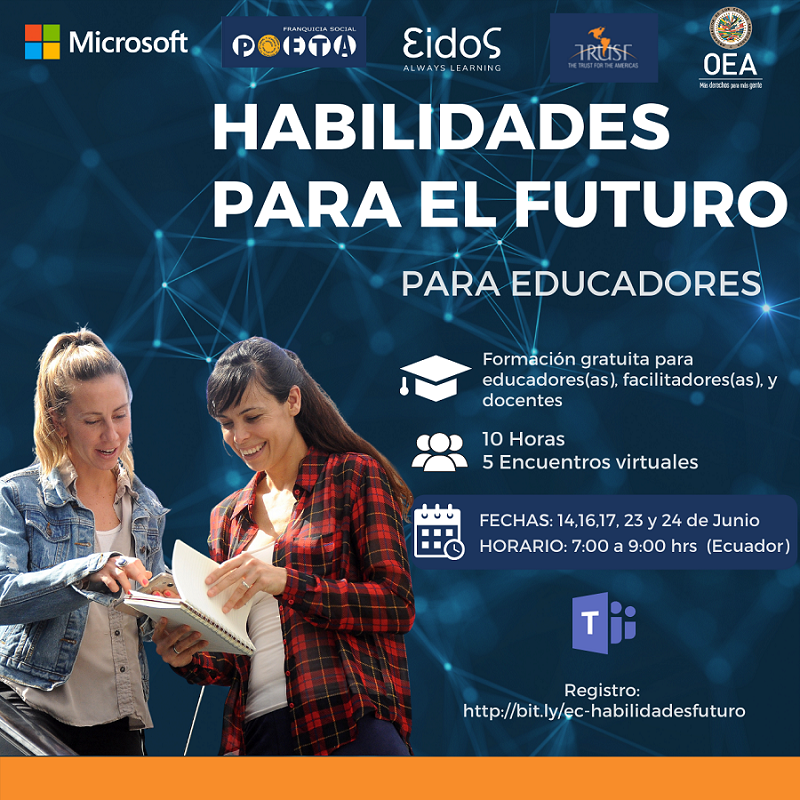Focus on Digital Inclusion: POETA DigiSpark aims that at least 75% of participants come from excluded groups or at risk of POETA DigiSpark seeks that 70% of participants are part of underserved and vulnerable groups, such as those who are unemployed and underemployed, people at risk of losing their jobs, people with disabilities, women, at-risk youth, migrants and refugees, and those of afro or indigenous descent.
POETA DigiSpark
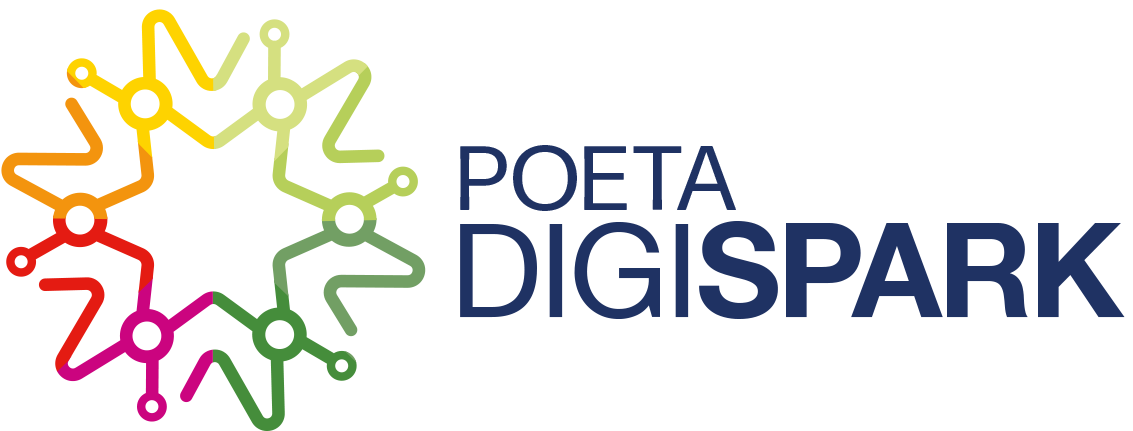
Description
POETA DigiSpark seeks to empower people -ages 16 and over- through technology to facilitate their access to economic and educational opportunities such as obtaining a job or a promotion, creating or strengthening an entrepreneurship, obtaining an internship, and starting or continuing their education. With support from Microsoft Philanthropies, in 2024, the project is implemented in Argentina, Brazil, Chile, Colombia, El Salvador, Guatemala, Honduras, Mexico, Peru, Puerto Rico, and Uruguay.
POETA DigiSpark also provides computer science and digital skills training to teachers of all levels and disciplines. In turn, these educators serve as multipliers by teaching new generations necessary skills to compete in the digital economy.
In 2024, POETA DigiSpark will highlight the transformative potential of Artificial Intelligence (AI) and cybersecurity for educators, entrepreneurs, and job seekers, incorporating generative AI content into our training pathways. Additionally, through the POETA AI Centers initiative, we aim to extend the adoption of AI tools and thereby promote digital transformation in Latin America. Similarly, cybersecurity will emerge as a significant pillar of our educational offering, seeking to promote the responsible and secure use of digital spaces.
Project purpose
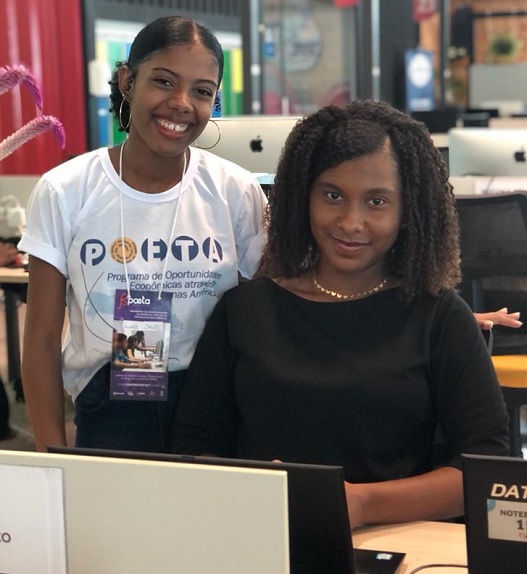
Through a network of 20 local partners, POETA DigiSpark seeks to provide training in digital and technical skills, ranging from computer science to emerging technologies like Artificial Intelligence. In addition to contributing to regional efforts to close the digital gap, POETA DigiSpark equips participants with the skills needed to compete in an ever-evolving job market. To complement these digital and technical skills, POETA DigiSpark offers training in life and employment skills and vocational guidance, with the final goal of connecting participants with economic and educational opportunities.
Project goals


Emerging Digital Economy: The global economy has rapidly digitalized. The World Economic Forum estimates that over 70% of new value created in the next decade will come from businesses based on digital platforms. POETA DigiSpark prioritizes equitable access to tech training, targeting those at risk of exclusion and providing essential skills to succeed in the digital economy.

The Talent Gap: The evolving job landscape demands continuous learning. In the next three years, it is estimated that 6 out of 10 workers will need training, but only half will have access to it (WEF, 2023). Particularly in Latin America and the Caribbean, employers need help finding workers with relevant digital skills, projected to result in a deficit of one million skilled employees by 2025 (IDB, 2021).
Main achievements

Strategic partners
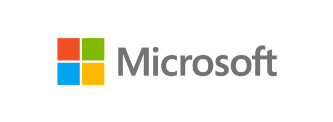
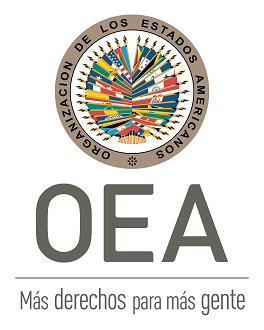
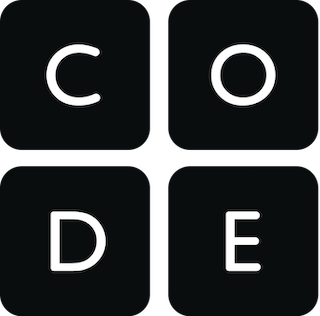
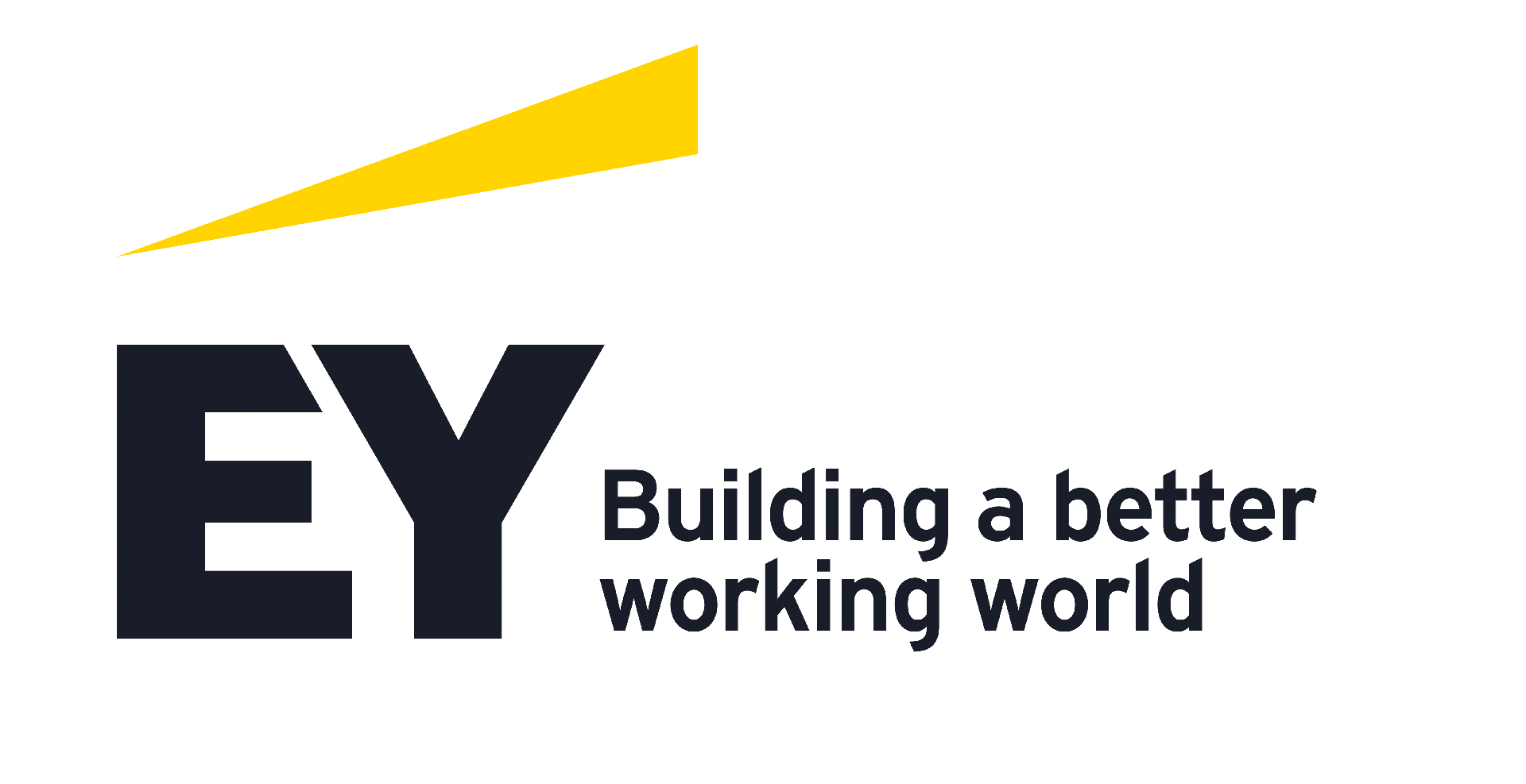
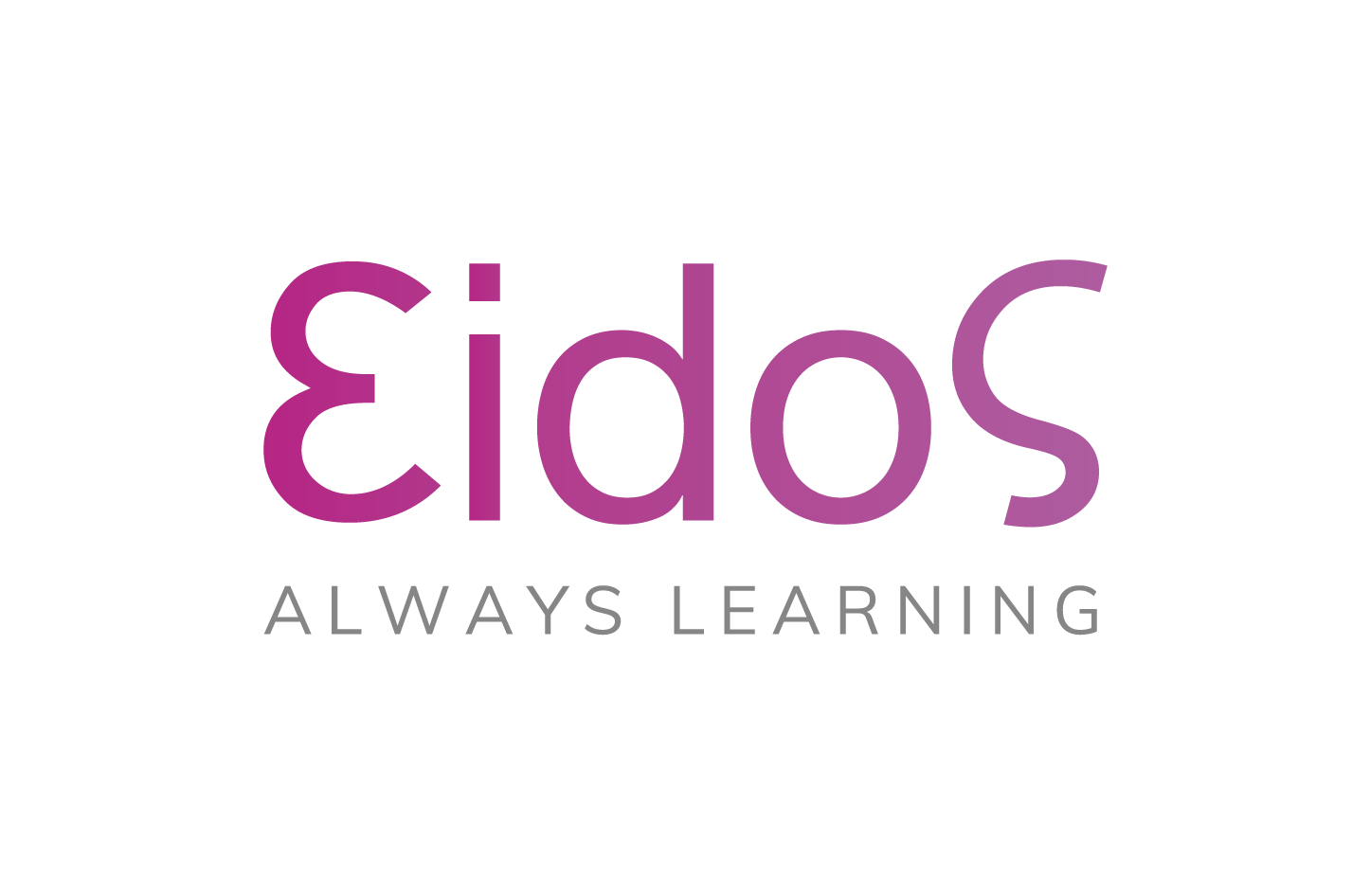

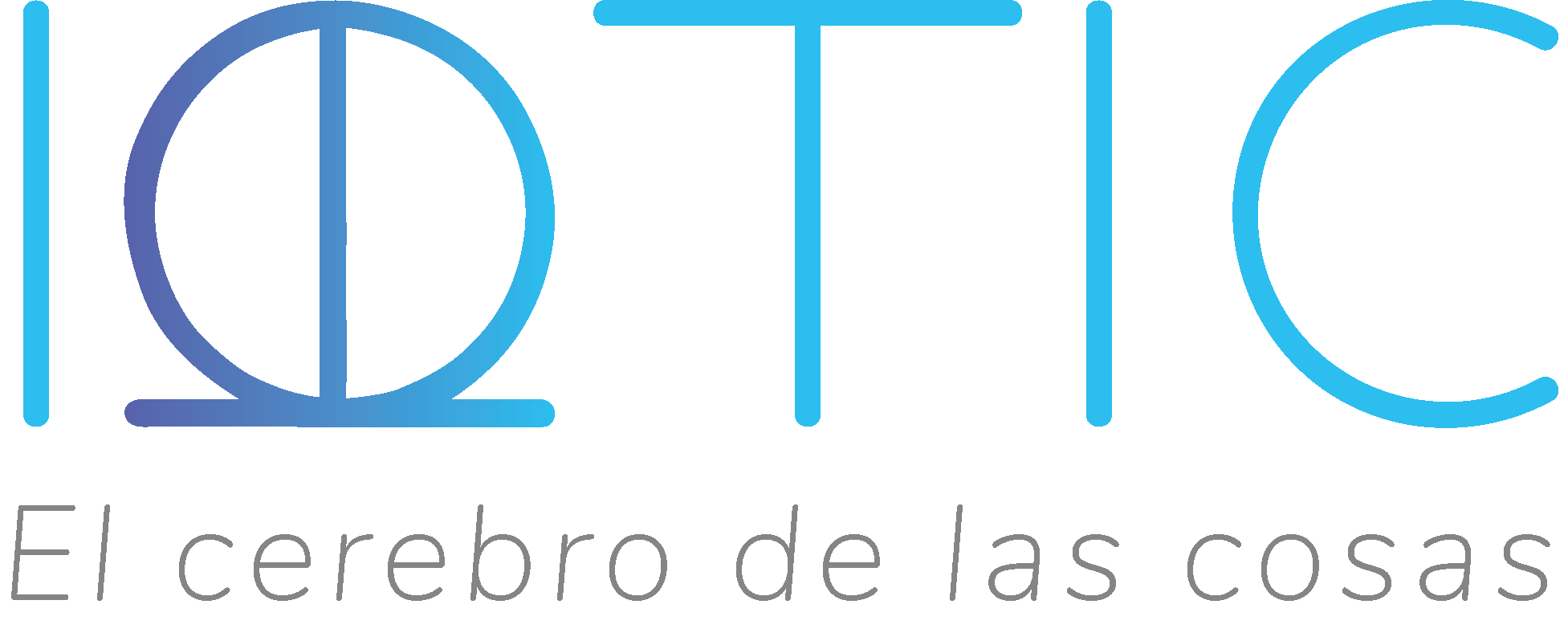
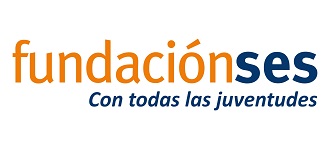

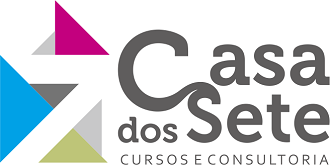
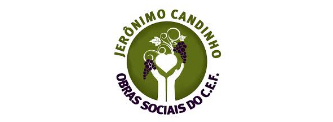
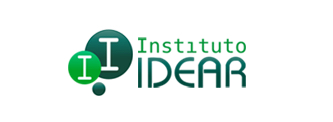



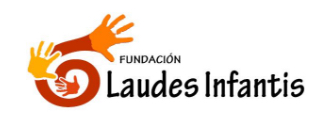


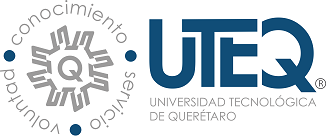
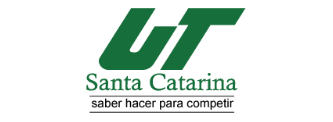
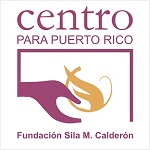
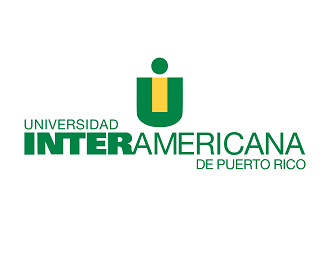
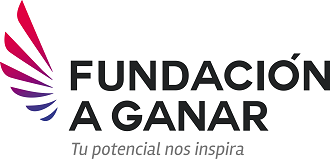
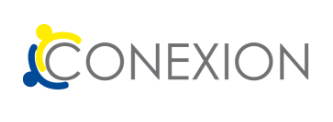
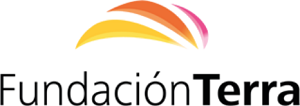
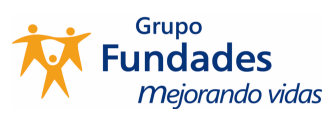
Success Stories
Bellanid consolidates “Confeccionando Sueños”, a small business that employs women outside of Bogota
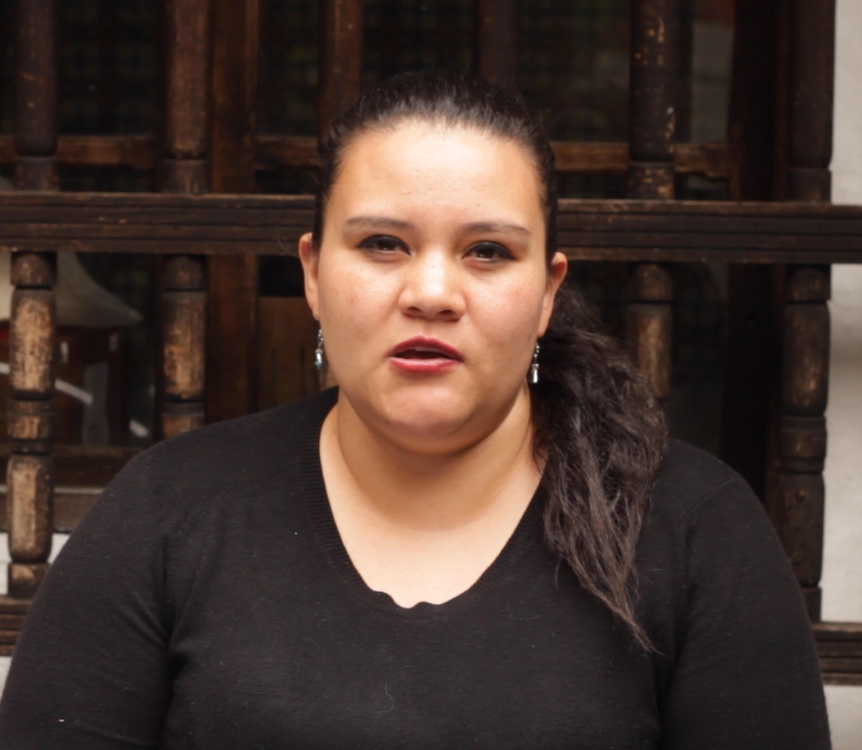
Bellanid (30) lives with her partner and two children in Usme, a district in the south of Bogota. As a teenager, Bellanid’s mother introduced her to clothe-making, which later became her profession. Bellanid used to work for large companies, juggling between her job and caregiving responsibilities. To become more autonomous, Bellanid opened a workshop in her house, in which she and other women tailored clothing for large companies. Nonetheless, managing her own entrepreneurship came along with some challenges, one of which was the lack of machinery that would allow her and her employees to work more efficiently.
Since Fundación Laudes Infantis has an important presence in Bellanid’s community, she knew beforehand that the POETA-Laudes Center offered sewing machines. Bellanid arrived at the POETA-Laudes Center looking to access this equipment, but she also encountered a team available to provide her with training, counseling, and support to boost her entrepreneurship. Bellanid was directed to the Basic Excel and Entrepreneurial Skills for Business courses, while also receiving counseling to increase her confidence and strengthen her leadership. As a result of this comprehensive support, Bellanid took her workshop to the next level. Besides increasing her clothing production by connecting with more companies, Bellanid consolidated her business’ brand -“Confeccionando Sueños”- and officially launched its first collection at the POETA-Laudes Center. Additionally, all the other women that are part of Bellanid’s workshop also received training in digital and entrepreneurial skills. Today, Bellanid provides other women with employment opportunities and hopes to continue growing her business initiative with the support of the POETA - Laudes Center team.
You can watch Bellanid’s story here: https://www.youtube.com/watch?v=VmJapsQuV-I&t=22s
With the support of POETA DigiSpark, Clara strengthened her business and inspired others

Clara Rosa (29), a mother of two, migrated to Brazil in 2018 from Caracas. After a challenging 15-day journey by foot with her two kids to the Roraima border, Clara found refuge with ACNUR in Brazil. After struggling in shelters in Boa Vista and Manaus, Clara finally settled in Salvador. With unwavering determination, Clara overcame a language barrier and started a culinary entrepreneurship, selling fast-food during the COVID pandemic, which allowed her to secure a regular income. Clara discovered the Casa dos Sete-POETA Center through social media, where the DNA Entrepreneurs course caught her attention. Through the course, Clara strengthened her financial, digital, and business skills while receiving personalized mentoring sessions. She advanced her skills by also completing the Microsoft Digital Skills modules. Having completed the DNA Entrepreneurs course, Clara applied this newfound knowledge to enhance her financial management by separating her expenditures from those of her business. Clara's marketing and sales skills also blossomed, significantly growing her customer base and increasing her revenue. Most notably, she was also able to formalize her fast-food business by registering as an Individual Micro-Entrepreneurship (MEI). These improvements allowed Clara to steadily increase her revenue, which in turn led her to start planning the opening of a physical location for her business.
Today, Clara inspires others by sharing her story at events and while volunteering. Besides growing her small business, Clara dreams of setting up an NGO to help migrant women find an opportunity for growth and stability through entrepreneurship, just like she did. Clara highlights that the Casa dos Sete-POETA Center played a pivotal role in her journey, strengthening her business and empowering her to inspire others.
Through the PowerBI Bootcamp at the POETA - CDI Chile center, Julia restarts her career as a Data Analyst
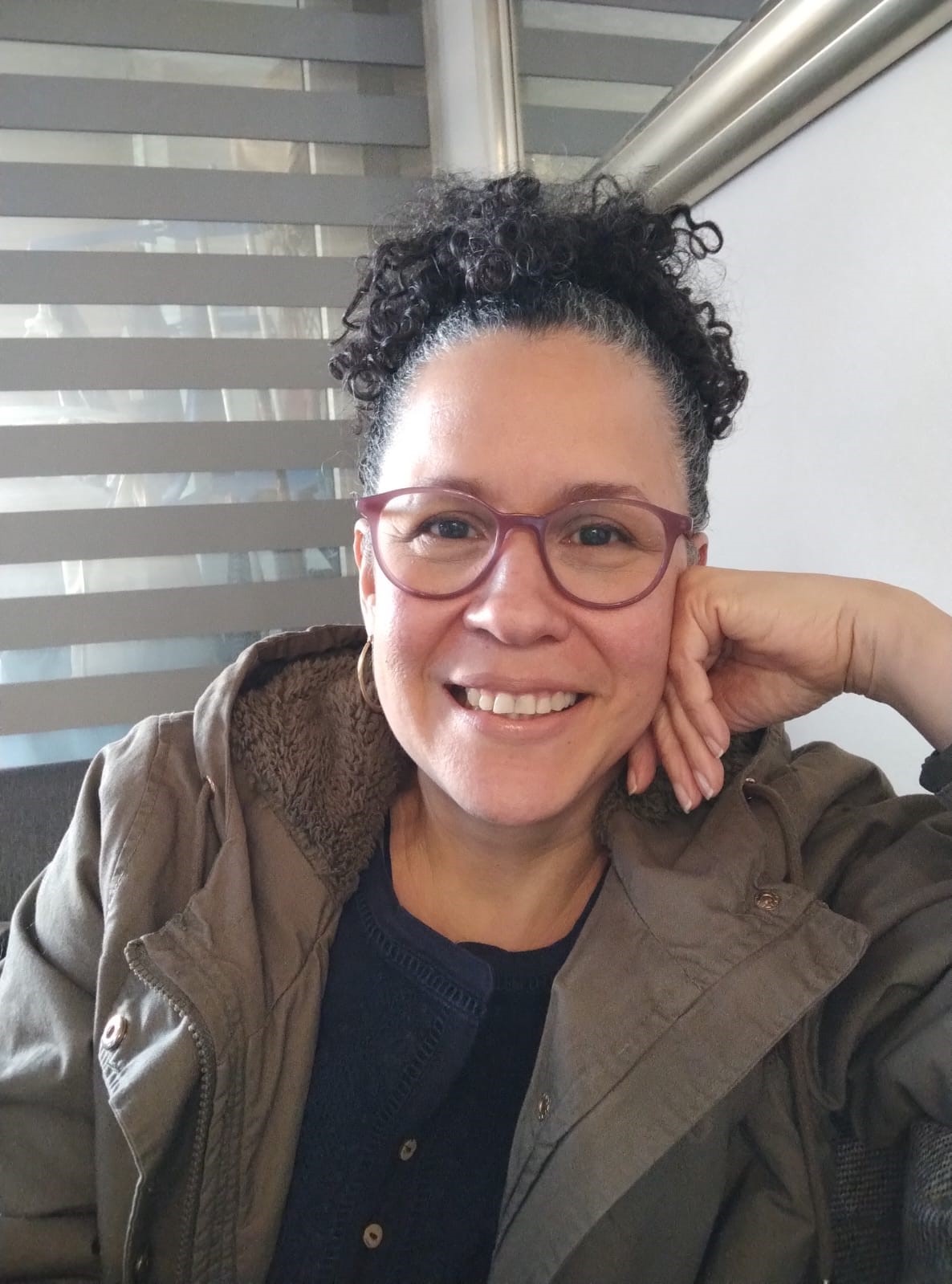
Julia (51), from Venezuela, lives in Santiago, Chile with her family. Julia is a Production Agronomist Engineer with experience as a Data Analyst in the aviculture industry. After becoming a mother in 2007, she decided to fully dedicate herself to her family. As her kids grew, Julia sought opportunities to continue learning. In 2021, Julia found out about the courses offered at CDI Chile, a POETA DigiSpark local partner. That year, she decided to enroll in the Customer Services, Digital Marketing, and Introduction to Computer Science courses. The facilitators of the POETA-CDI Chile Center also offered workshops focused on preparing students for job interviews. It was through these workshops that Julia’s desire to go back to work as a Data Analyst grew.
In 2022, Julia participated in the Data Analysis and PowerBI Bootcamp offered by CDI Chile. Initially, she felt challenged by the contents, but as the bootcamp advanced, Julia’s confidence started to grow. After more than 260 hours of training, Julia’s dedication, combined with the support and follow-up of the team at the POETA-CDI Chile Center, resulted in a paid internship as a Data Analyst for Corporación Dolores Sopeña -a Chilean NGO. At 51, Julia was able to learn how to use PowerBI and after fifteen years outside of the job market, she re-entered the job market as a Data Analyst. In Julia’s words “Participating in POETA DigiSpark became the key to gaining confidence and exploring new forms to re-enter the job market, and for this I am deeply thankful.”








